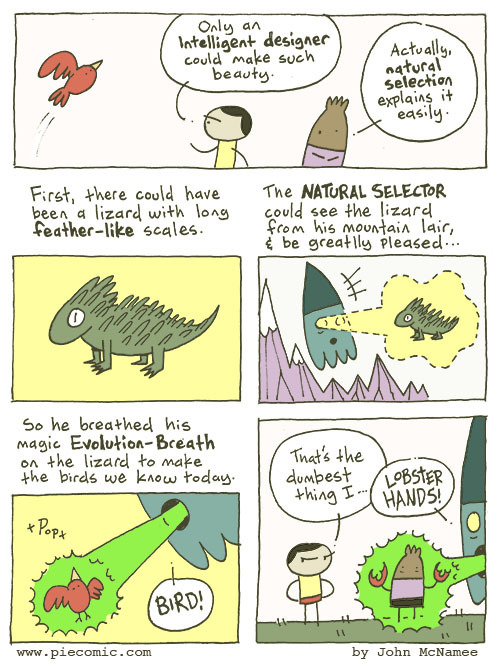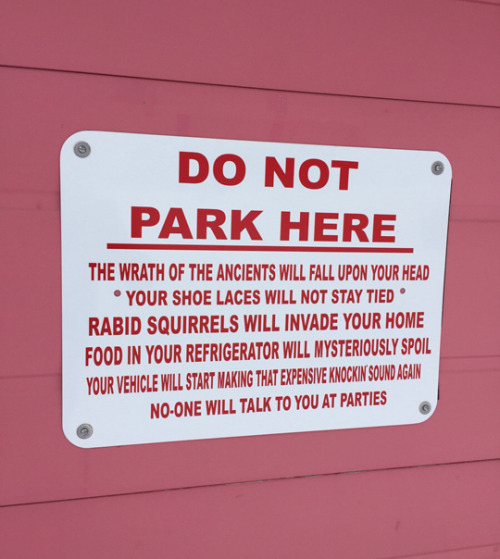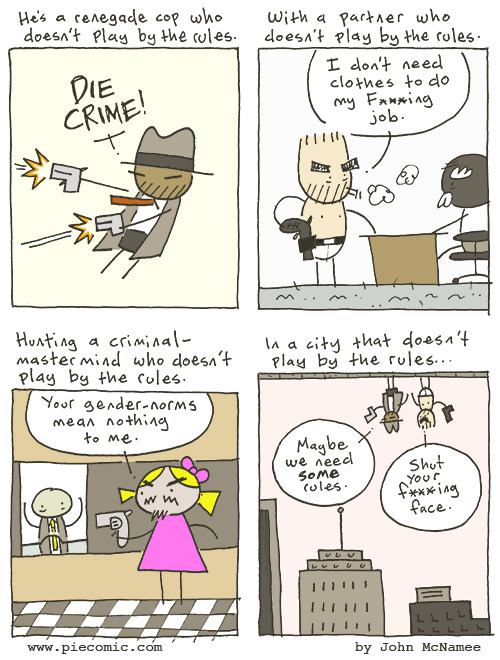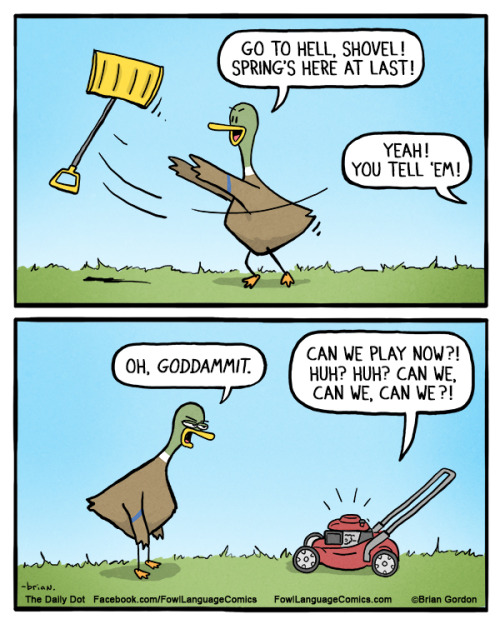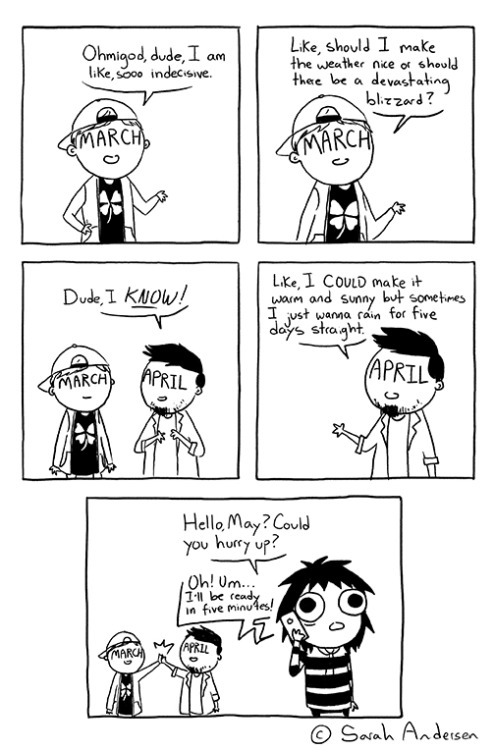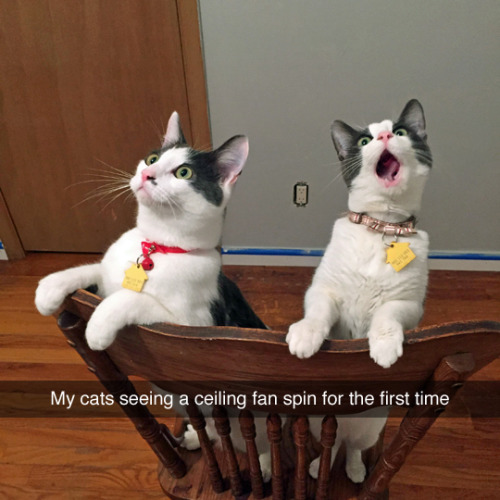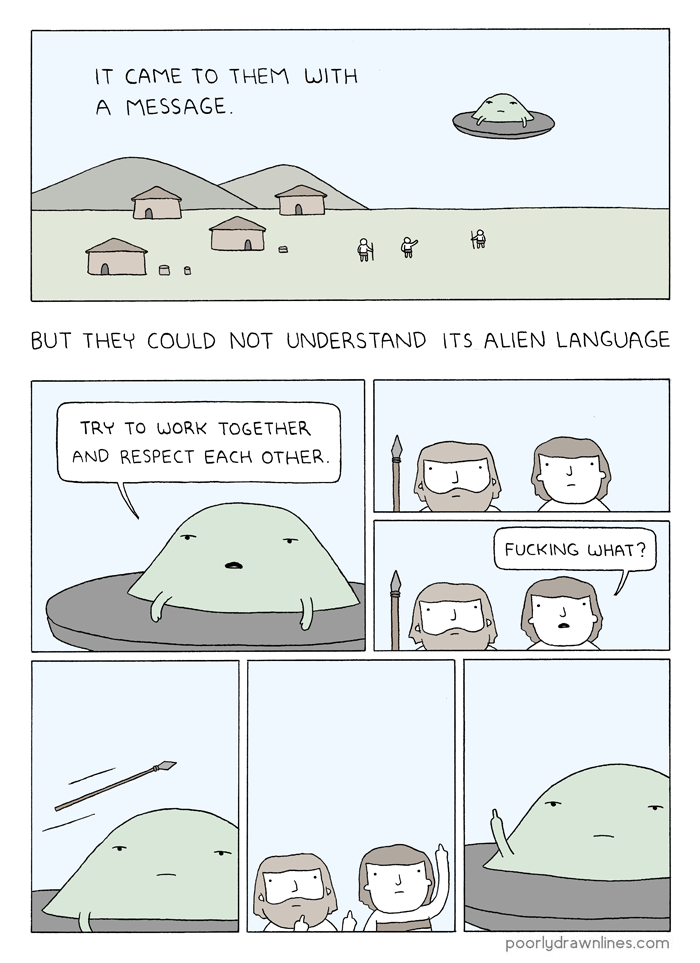Here's a panorama of Fish Lake; it'll get much, much larger if you right click and open it in a new tab (Followup- it takes you to the Photobucket page..Hover your cursor over the upper right above the photo and select the "magnify" icon. Then right click, and select "view image." If it's worth the effort to you.) I discussed the geological details of this location in yesterday's post, and the context of lava flows blocking Hackleman Creek should be immediately clear if you look at the FlashEarth location below. The main thing to point out here is the smoke plume from a nearby fire on the left-ish horizon. With our dry summers, and to my impression, increasingly later fall rains, wild fires, viewscapes, and planning for them is something I take into account when deciding where to geologize. They're less predicable than tides, but easy to get details about as one makes plans for the near future. And like tides, if they're not taken into account, they can make a mess of your day.
Photos stitched in HugIn, otherwise unmodified. October 9, 2014. FlashEarth Location.
Is This Your Hat?
11 years ago







